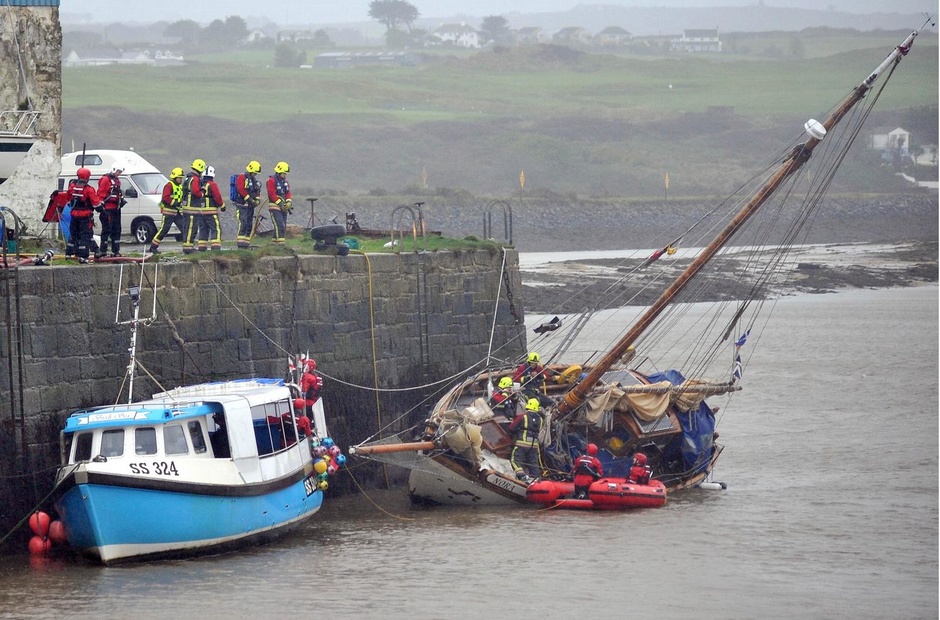Sir Robert Knox-Johnston himself begged these guys to stop. They were recently saved for the ninth time by the Coast Guard. For the ninth time in seven months traveling from Scandinavia to North America.
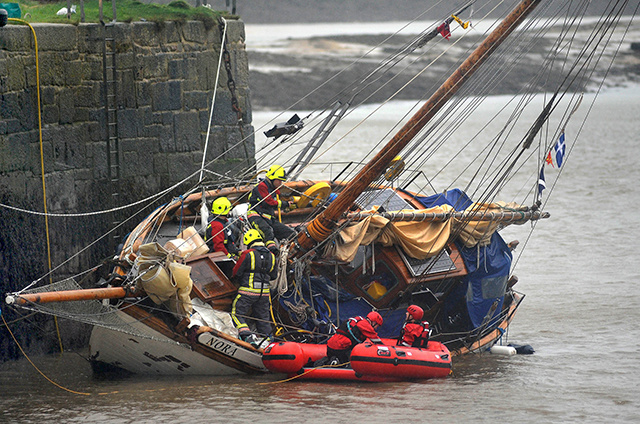
The last meeting with the rescuers was epic. Two 71-year-old yachtsmen tied their 40-foot Nora gaffer built by Colin Archer badly to the Hale Harbor pier in Cornwall.
«It's not funny anymore. Every rescue call costs £6,000 to £8,000. These guys are costing Cornish Rescue a lot of money. They need to stop»," Knox-Johnston prays.
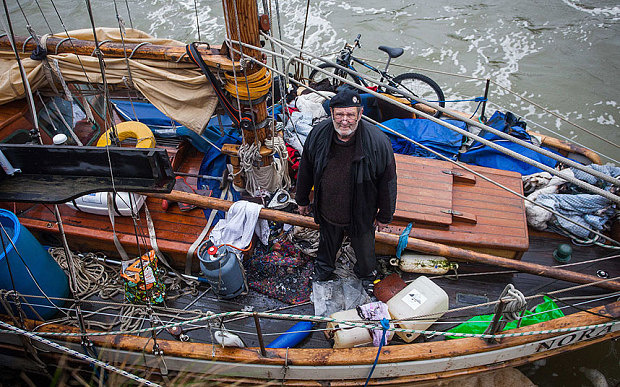
But for retired Bob Weiss and Steve Shapiro, the famous yachtsman doesn't seem to be an authority. They have no intention of stopping.
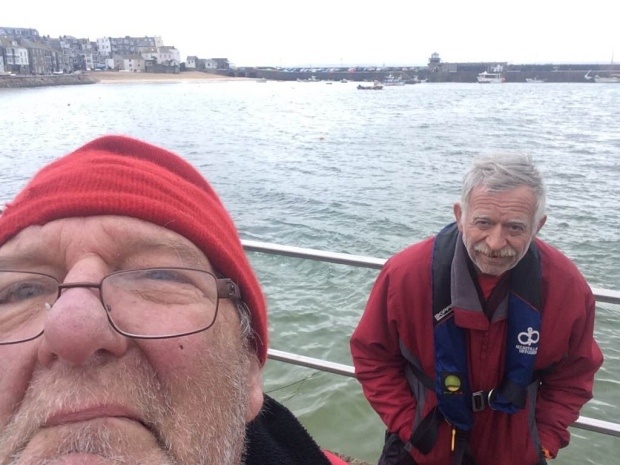
The yachtsman told Practical Boat Owner magazine how it really was. Here's his story translated by itBoat.
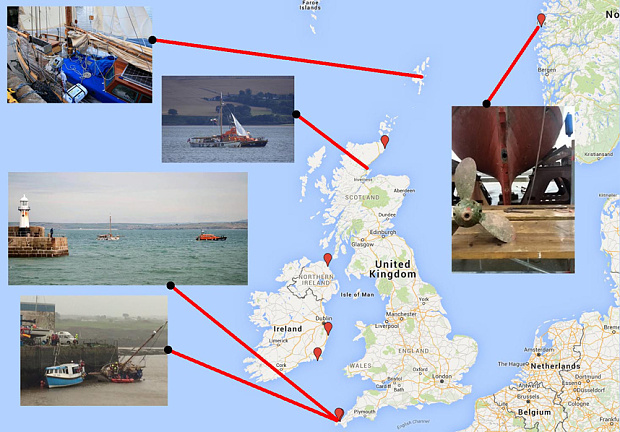
When we left Norway, we had one accident and caught a fishing trawl. It wrapped itself up on the rowing shaft, making a hole in the hull. The boat was leaking, we felt in danger and called for rescue workers. First they told us you had a sailboat, swim. But we went under all the sails and did only 2 knots, we needed a motor to get out of the current at 6 knots. They had to tow us back to the harbour where we'd been fixing the boat for a month.
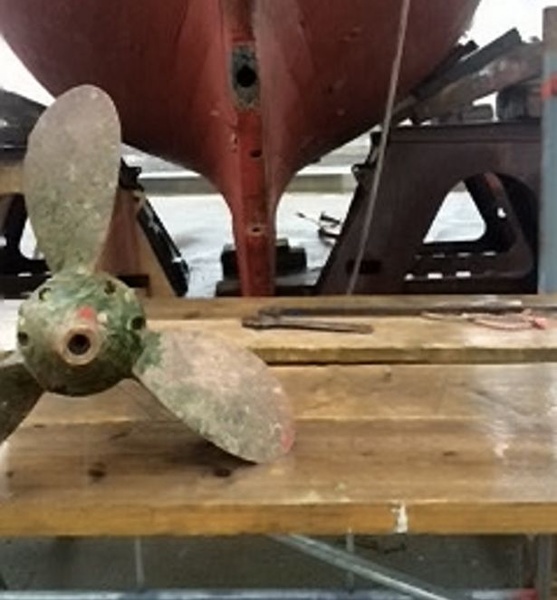
At the end of the repair, it still gave a small leak, but we were told that with a well-functioning pump we could get to Inverness, where we would be able to fully repair. We went to the Shetland Islands, from there around Wick. We wanted to get up somewhere. The local coast guard called us on the radio. They said, «are you all right? We heard you were in trouble. We'll send somebody to look at you». They came and looked, apparently, the leak was serious, so they wouldn't let us go on to Inverness. They said there's a guy «here who can fix»you up.
We stayed there for 10 days, we were repaired and we moved on.
The tide took us off a rocky can. After that, in the middle of the Maury Firth, our engine died: that's the third time we called for rescue. They towed the boat to Invergordon. The Inverness people came to inspect the engine. We paid dearly for a private tugboat to Inverness, where they put «Nora» in a dry dock and made repairs, which also cost us a fortune.
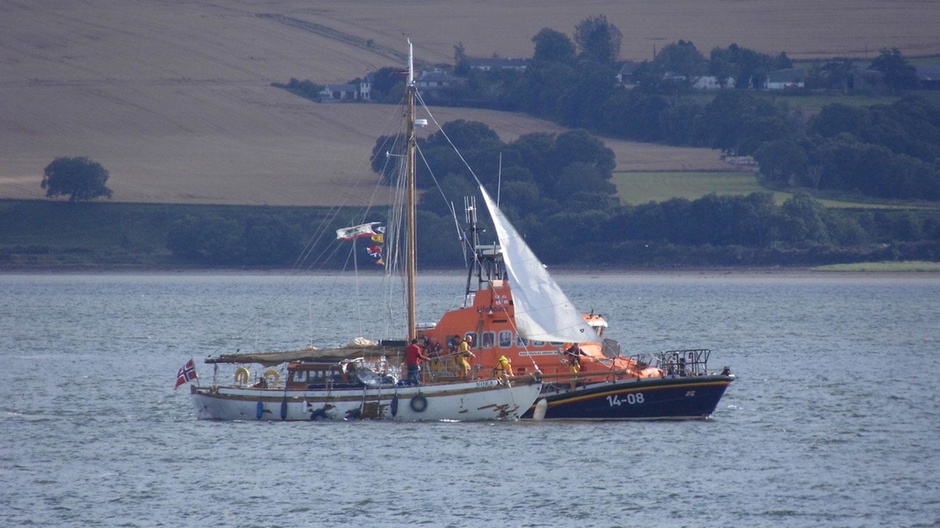
We had everything fixed and we went through the Caledonian Canal to Auban, where I had to pick up the sails. On the way we got into a 9-point storm and turned to Krinan. Then we had a week and a half of great yachting.
Then we went from Mall of Kintyre to Belfast. We called the Coast Guard for instructions on how to get to the marina, because when we left Inverness, they told us to stay in touch with the Coast Guard. We were trying to find a safe harbor at Red Bay. We ran aground in the sand. The fisherman tried to get us out of his big boat, but it didn't work. The rescue boat, which was only 50 feet away, decided to come to our rescue. But they couldn't do something that a fishing boat hadn't tried before. It was very shallow and there was a lot of sand in the water.
Our journey along the Irish coast was interrupted by a terrible storm in late September. Then we went to Dan Leary. At Winklow, we ran aground for a few seconds. They decided to send a lifeboat and put us at the dock. The next day we headed to Aklow and spent a few nights there. When the weather improved, to our satisfaction, we headed for Tuscar Rock. There were 11-foot waves at sea and a wind of 24 mph, we spontaneously had to hit Kilmore Key. The band of storms had begun. We finally managed to get through the weather window to get around Cape Lands End. The storms filled the sand out of the harbour and we ran aground again.
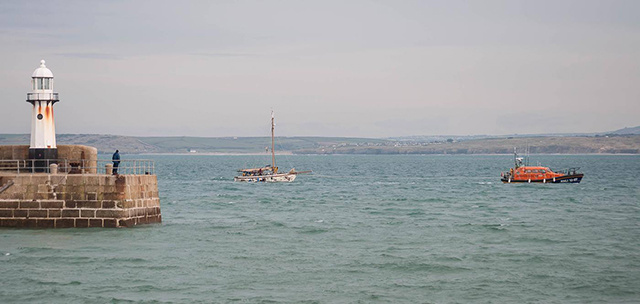
The rescue boat was 10 feet away, she pulled us out, and then led us through the maze of sandbanks.
We reached the Bristol Canal in the winds, but then the wind changed and we took refuge on St. Yves, where the National Royal Society for Salvation on Water (NRLI) commanded us to moor for the rescue boat. The rescuers sent RIBs after us, helped us start the Muringa and hook on to the Muringa buoy.
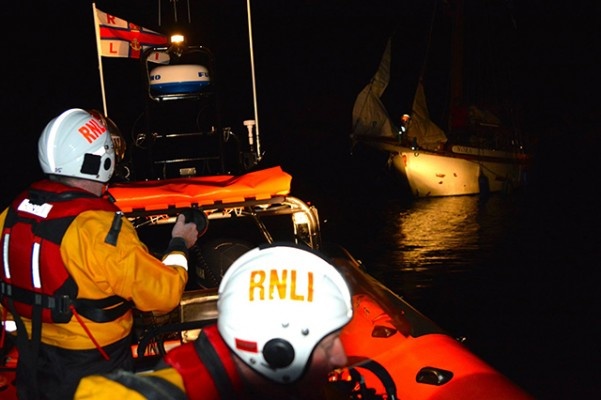
In some articles, all this was considered a «rescue operation». All they did was pull us off the ground and escort us across the calm sea to the harbour, so I think that's an undeserved criticism. As I approached St. Yves, I told them that we could sail to the harbour on our own, but RNLI offered to help. When St. Eve needed a mooring buoy, Nora was ready to go out to Hale, but the engine suddenly shut down. The RNLI towed us back to the harbour. We moored the boat badly, she leaned over and a candle burned through my partner's clothes.
Even when the boat broke down, we could fix it: it was very seaworthy. In fact, all the criticism that came down on us is not fair. It wasn't an emergency situation where there was a question of life and death. All these situations were not dangerous, except for one case in the North Sea. But I do not want to underestimate the actions of the rescuers, we are very grateful to them for being with us.

